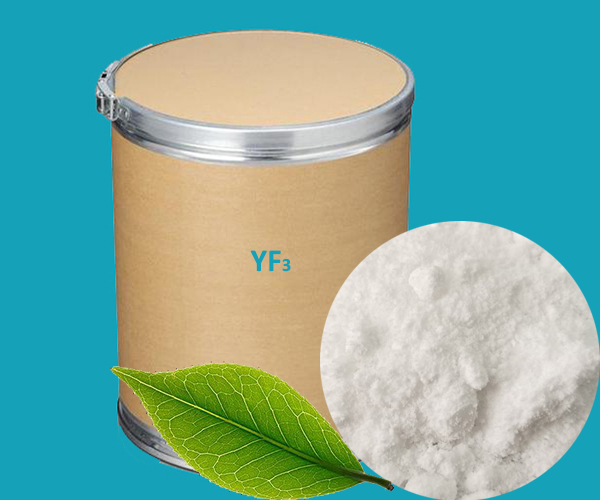Yttrium chloride (YCl3) is an inorganic compound that usually exists in a colorless or yellowish solid form. It is a typical metal chloride composed of yttrium ions (Y³⁺) and chloride ions (Cl⁻). Yttrium chloride is stable in air, but it absorbs moisture and gradually absorbs moisture, forming aqueous crystals. It can be prepared by heating yttrium metal or its oxide by reacting it with chlorine gas.
Yttrium chloride has a wide range of applications in industrial, scientific and medical fields, mainly including:
1. Catalysts and catalyst carriers: Yttrium chloride can be used as catalysts or catalyst carriers, especially in the petrochemical industry, to improve the efficiency and selectivity of chemical reactions.
2. Manufacture of fluorescent materials: Yttrium chloride can be used to make phosphors, which have important applications in lighting and display technology, such as in LED lamps and fluorescent lamps.
3. Electronics industry: In the electronics industry, yttrium chloride can be used to make magnetic and microwave absorbing materials, which are used in electronic devices and systems to reduce electromagnetic interference and improve device performance.
4. Ceramic materials: Yttrium chloride is used as an additive in ceramic materials to improve the mechanical properties and thermal stability of ceramics, which are widely used in the electronics, automotive, and aerospace industries.
5. Medical field: In the medical field, the isotopic form of yttrium chloride can be used in medical imaging and treatment, such as as a tracer in positron emission tomography.
6. Research and laboratory applications: Yttrium chloride, as a chloride of rare earth elements, has a wide range of applications in scientific research, such as as chemical reagents, in analytical chemistry and materials science research.
7. Metal processing: Yttrium chloride is also used as an aid in metal processing, such as adding an appropriate amount of yttrium chloride to aluminum alloys can improve the strength and corrosion resistance of the material.
8. Magnetic materials: In alloys for the manufacture of high-performance permanent magnet materials, yttrium chloride can be used as an additive to improve magnetic properties.
 English
English Español
Español Português
Português Français
Français Deutsch
Deutsch Русский
Русский 中文
中文 日本語
日本語
